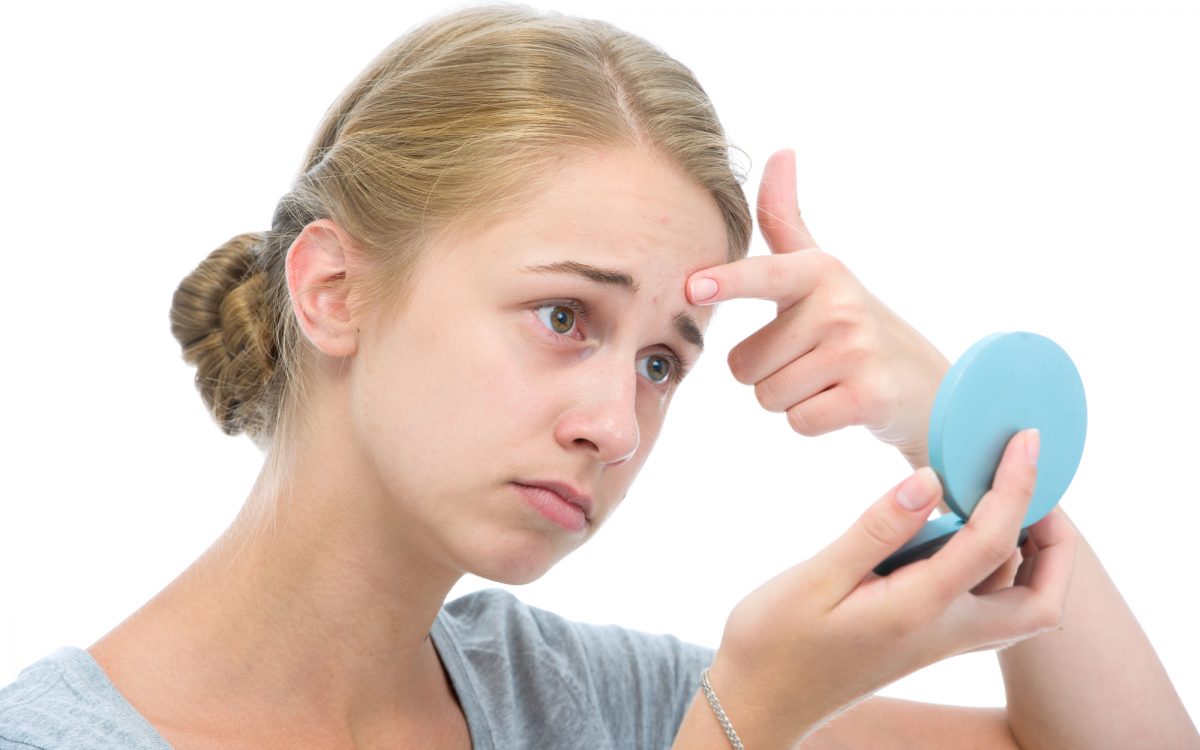iPledge for Isotretinoin Users: What Should You Know About This Program?
iPledge is a computer-based program, where any patient in the United States, regardless of gender or age, should register before using Accutane or any other medication containing isotretinoin. The program was designed for both patients and medical workers, and its main goal is to prevent women from getting pregnant while taking isotretinoin.
Isotretinoin and Pregnancy
Isotretinoin comes with a range of serious side effects, including severe and even life-threatening birth defects, as well as the risk of miscarriage and premature birth.
The use of this anti-acne medication during pregnancy may result in abnormalities of the face, eyes, ears, skull, central nervous system, cardiovascular system, and thymus and parathyroid glands of the baby.
It is important to keep in mind that even a single dose of isotretinoin can be extremely dangerous for an unborn child and cause unpreventable harm.
Isotretinoin and iPledge Program
The iPledge program is a product of the U.S. Food and Drug Administration (FDA) created to avoid the risks of potential birth defects and other pregnancy-related adverse reactions of isotretinoin drugs by reducing the chance of fetal exposure to the medicine. This is done through a special system of checks and balances.
Registration in the iPledge program is obligatory for everyone using isotretinoin, no matter what their age or gender is. The same applies to doctors prescribing the medication, as well as pharmacies dispensing it.
Before prescribing you isotretinoin, your dermatologist must give you the full information about the use, the risks and potential side effects of the drug. Besides, you will receive all the instructions regarding the iPledge program. Before receiving the prescription, you have to make sure you understand and agree to all terms of the program.
iPledge Qualification Requirements
Getting informed about isotretinoin and all the possible side effects it may cause is the first step of the iPledge program. In order to be able to receive the medication, you will have to meet certain requirements for iPledge program qualification. These requirements include using two methods of contraception or restraining from sexual activity during the treatment course, visiting a doctor once a month, submitting to regular blood tests as needed, and, for women of childbearing potential, having negative pregnancy tests each month.
As soon as you are enrolled in the program, you will receive an iPledge ID card. The identification number provided in the card is needed each time you get the medication from the dispensary.
Isotretinoin is normally given in doses enough to last only one month. You will have to meet certain criteria each month later on, in order to get your refill. You will also have monthly appointments with your doctor, where your information will be entered into the iPledge system and your negative pregnancy test will be verified.
Before dispensing isotretinoin, your pharmacist is also obliged to verify that you meet all the criteria. This is done via the iPledge system website or over the phone. The pharmacist can only give you the medication once he obtains authorization.
Besides, according to the iPledge, your prescription can be picked up with a certain time frame. Women of childbearing potential missing the pick-up deadline have to go through the monthly qualification procedure once again.
iPledge Criticism
The iPledge program has already been criticised by some patients and doctors considering the program and its qualification requirements too cumbersome and difficult to adhere. Besides, there are patients viewing the monthly pregnancy test requirement as a potential disruption of their privacy.
Moreover, some patient privacy concerns have also taken place due to the fact it is still quite unclear how exactly patient data is stored in the iPledge database.
To sum up, although there are certain concerns and criticism regarding the iPledge program, the rules remain the same: anyone taking isotretinoin is required to register and submit to this monitoring. Besides, the program has actually shown to be effective in preventing birth defects and other serious side effects caused by isotretinoin.


